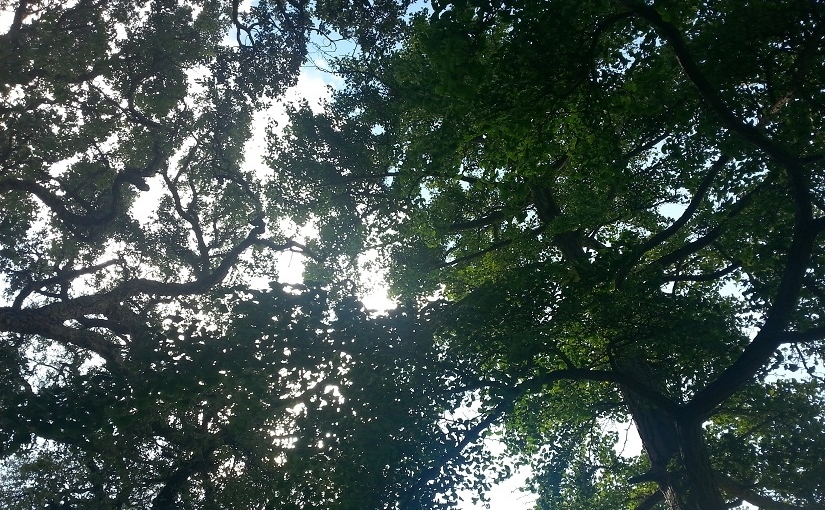The idea of what culture is and how it serves human communities seems both interesting and important, given how much of our lives can be seen to be under its influences and how greatly it must then shape society itself.
Even defining culture or summarising its activities and power is inevitably challenging: there’s popular culture; high culture; local traditions; national, international and global practices; evolving and interweaving subcultures; then the overlay of opinion or study that accompanies it all. Essentially it’s this ever-flowing conversation between different peoples, times and places, as we seek to understand our selves and our realities.
It seems culture generally acts to define or reflect what’s happening, what’s valuable, and what we’re trying to create with our lives. I’ve talked before of its roots in notions of tending and cultivation, of ways it represents life on both individual and collective levels, and of how powerful it can be in sustaining and enriching our lives (see Notes One). And, writing about it, my views have changed and will likely continue to do so.
I say that because cultural ideas clearly have the power to change our minds, our thoughts on life, and how we choose to act. If we look broadly at culture as ‘the stories we tell’, then this can be seen as how we make sense of the past, the present, the future: representing our current point in time, the issues concerning society, and those attitudes deemed helpful for us as we move into what comes next.
But then, it’s pretty undeniable that modern cultural life is heavily influenced by many seeking to direct us for economic ends or hoping to guide us toward their understanding of social cohesion (Notes Two). The ways culture becomes a voice for such messages may be meant well, but I would’ve thought it undermines our ability to trust in what we hear and may not even have the intended effects (see Guardian article below).
Who’s to say how ideas influence us? How what we see and hear filters into beliefs we may or may not be aware of, subtly shifting our actions and attitudes in directions that may or may not be wise? Clearly psychology is powerful, otherwise industry wouldn’t invest so much in attempting to make use of its insights; but do we really know what we’re playing with?
Because, on a personal level, we’re presumably looking to belong, to make sense of existence and our place within it, to understand our value and how we’re seen by the community we form a part of (Notes Three). Industries such as beauty, entertainment, music, or fashion are essentially built around timeless human activities, using their compelling powers for modern ends (Notes Four).
What does all this mean for individuals, for our relationships with others and the world, and for the social realities we’re building together? What’s the impact of fostering collective feelings of despair, anger, resignation, or hope? Where will it all lead, and what are we creating here?
Notes and References:
Guardian article, drawing interesting conclusions on the power of ideas: Yale psychologist John Bargh: ‘Politicians want us to be fearful’
Note 1: Culture, art & human activity
Note 1: Revisiting the question of culture
Note 2: Why listen to media that exists to profit?
Note 2: Culture selling us meaning
Note 3: Relating to cultural benchmarks
Note 3: How many aren’t well represented?
Note 4: What do we see in beauty?
Note 4: Romance, love & the movies
Note 4: Music and its power to inspire
Note 4: Fashion, self & environment

